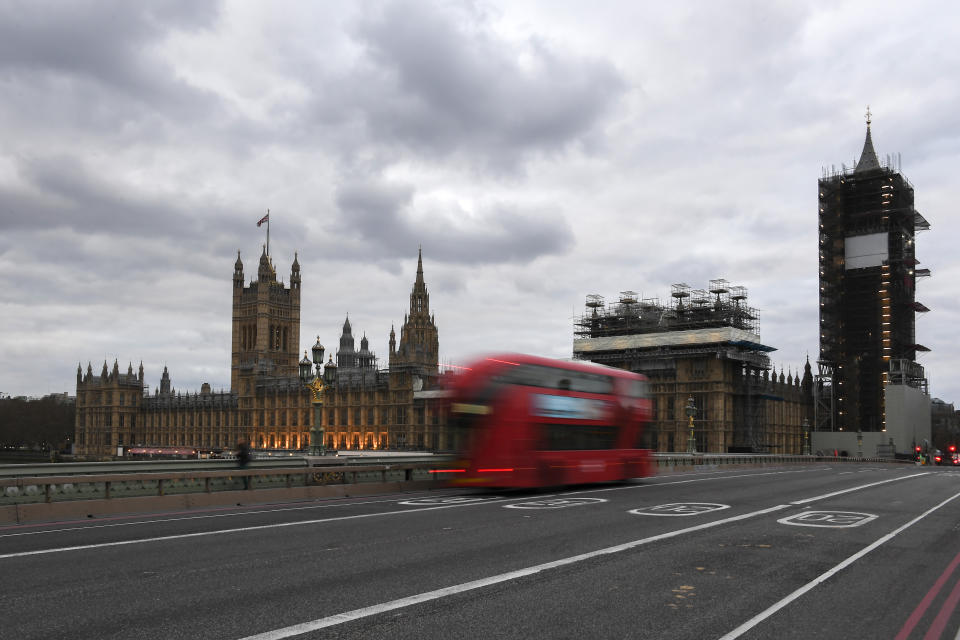UK inflation slowed just before coronavirus lockdown took effect

The UK inflation rate fell to 1.5% in March, reflecting the initial impact of the coronavirus pandemic on the country, according to the Office for National Statistics (ONS).
While the year-on-year rise in prices was slower than the 1.7% experienced in February, it does not take into account the lockdown imposed in the last week of the month, which came after the price survey was conducted.
The ONS said on Wednesday that the figure was still “likely” to have been influenced by the pandemic, noting that “consumer behaviours and retailers’ expectations of that behaviour might have changed as a result of social distancing and other precautions.”
Clothing and footwear prices, which fell by 0.3% between February and March, were the largest downward contributor to price growth. It was the first time since 2015 that clothing and footwear prices fell between February and March.
READ MORE: UK government working with 159 manufacturers on PPE
Transport prices also fell in the month, dragging inflation down to a similar extent. The downward effect, the ONS said, came “almost entirely” from motor fuels.
Petrol prices fell the most since December 2018, while diesel prices fell the most in almost five years when compared to the previous month. Airfares, meanwhile, rose prior to widespread flight suspensions.
The weeks-long lockdown introduced by the UK government in March will almost certainly lead to a deep slowdown in the UK economy, and consumer prices are expected to remain low in the short term as a result.
A sharp fall-off in oil prices is also expected to drag inflation lower, since it will continue to have a knock-on effect on fuel and energy prices.
Noting that prices for motor fuels “tend to move broadly in line with global prices for crude oil,” the ONS on Wednesday pointed to the sharp fall-off in demand for crude oil and protracted negotiations among oil-exporting nations.
Though investors fear that the unprecedented stimulus measures launched in the UK may eventually lead to runaway inflation, many analysts have pointed to the decade of low inflation following the 2008 financial crisis — during which central banks slashed interest rates and launched sweeping asset-purchasing programmes.
READ MORE: Startup working with NHS 'plans for the worst' despite government coronavirus support
The Bank of England last month slashed its benchmark interest rate to an all-time low of 0.1% and dramatically increased asset purchases.
Price stability is one of the core mandates of the bank, which has a 2% inflation target.
Silvana Tenreyro, an external member of the bank’s rate-setting Monetary Policy Committee, said last week that inflation would likely fall below 1% in the coming months.
Some analysts believe that the UK economy may come surging back once the coronavirus restrictions are eased, potentially hastening a climb in consumer prices.

 Yahoo Finance
Yahoo Finance 
